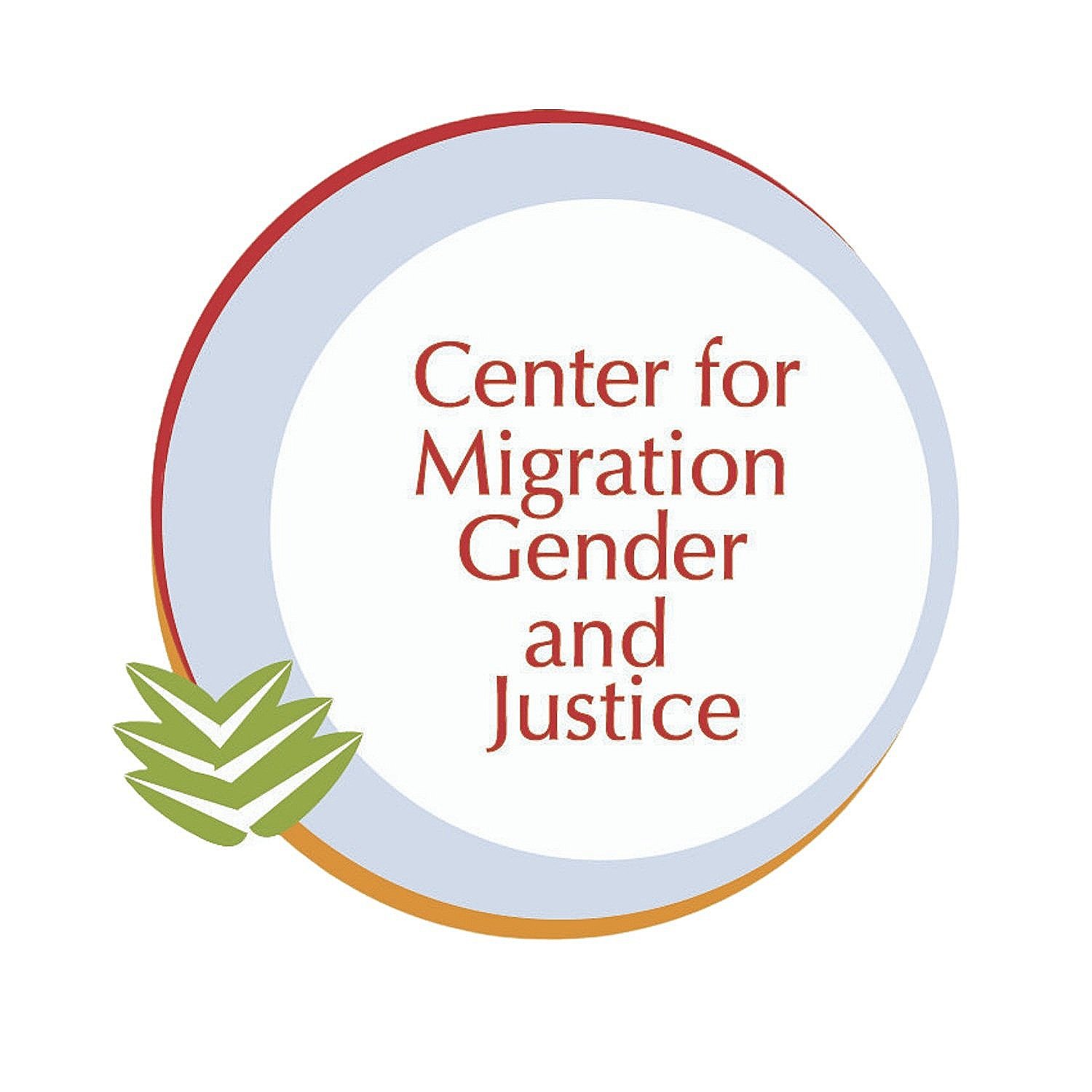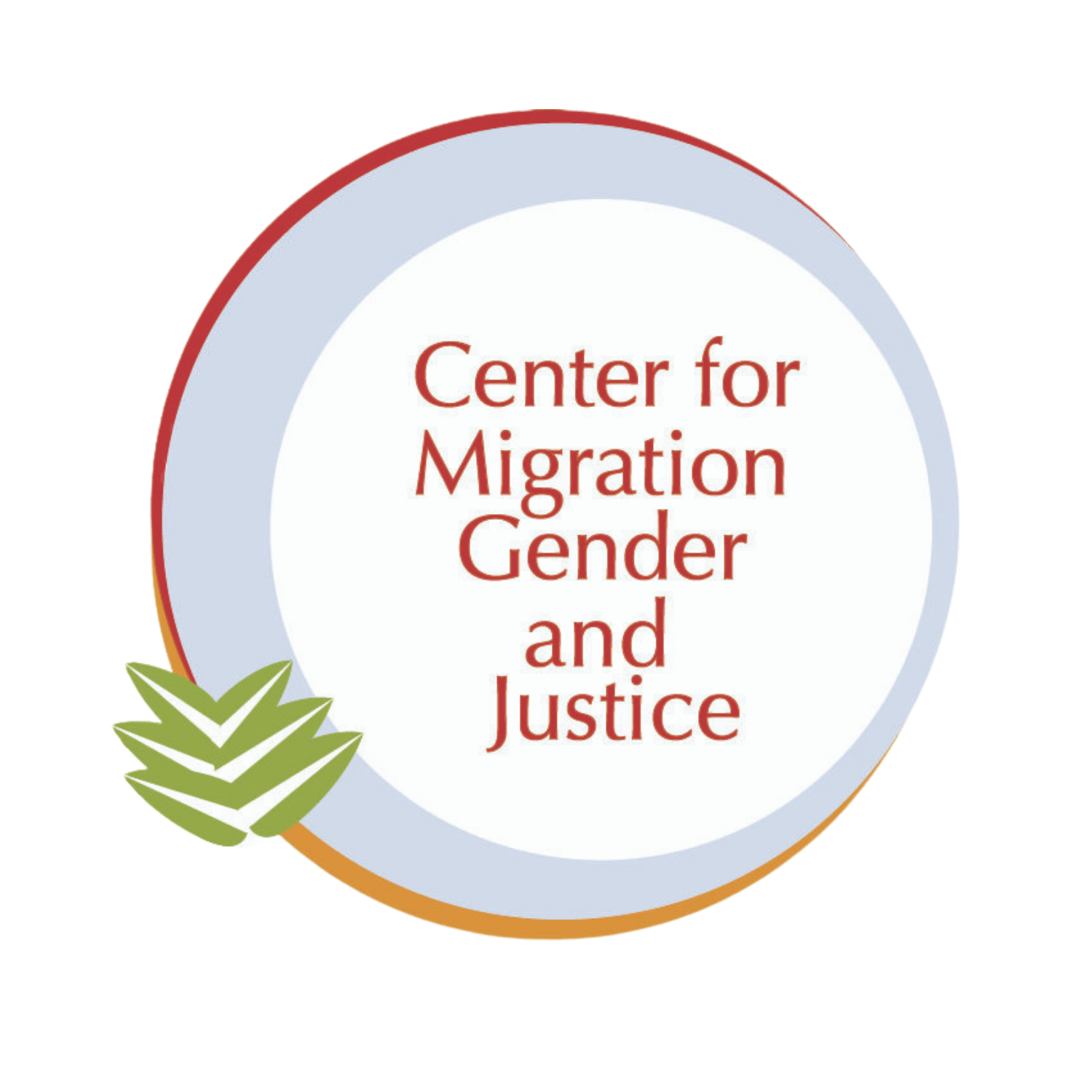Being a Migrant Youth Leader means community, support, serenity, and kindness
To the future Migrant Youth Leaders out there: “You really have all the power. That fire, that rage that resides within, that is your light. You are capable of great things and I need you to keep that in mind as you go through this journey and all of your future adventures.”
Chaimae Haddoumi, CMGJ Migrant Youth Leadership Program (MYLP) Participant (2024)
What motivated you to become a Migrant Youth Leader?
I’ve lived in Europe for five years now, and in that short time, I’ve seen young migrants like myself face increasing barriers in terms of access to education and work opportunities. For example, France’s 2023 Asylum and Immigration law fast-tracks deportations and tightens asylum procedures, making it harder for migrants, like myself, to find stability. The requirement to prove proficiency in French for residence permits adds yet another hurdle, disproportionately affecting those who lack resources to access language learning. On top of that, France's drastic reduction in visas issued to Moroccan nationals - specifically - has shattered the migratory hopes of many, leaving “us” feeling more excluded with each passing policy.
Experiencing these policy changes made me curious about the lack of discourse around migrant youth, as the present and the future of France. I wondered why young people are not politicized in the way that we see other intersectional aspects politicized in migration.
For me, being a young migrant woman of color, this includes concerns about gender-based violence (GBV). I am a survivor of many instances of violence, in their various forms. But, I don’t assume the position of victimhood; instead, I want to acquire the proper tools to fight back. Having been involved in politics through my studies and volunteer work for the past three years, I was very eager to see how I can make a difference. And, I found a space to do so in CMGJ’s Migrant Youth Leadership Program.
What challenges have you faced in becoming a Migrant Youth Leader and how have you overcome them?
Overcoming self-doubt: While self-doubt can be incredibly detrimental to leadership development, I was fortunate to be surrounded by encouraging people, particularly my project partner Carolina Cortes, a CMGJ Leadership Team Member and migrant youth herself. She reassured me in my ability to be more rigorous in my policy analysis, making it clear that the ambiguity in policy language is no accident, but rather a deliberate act of neglect towards understanding migrants’ lived experiences. This intentional vagueness isn’t just a failure of clarity—it’s a strategic move to obscure accountability. The realization that policymakers expect civil society, including migrants themselves, to accept this almost felt insulting to our tireless advocacy work. It became evident that this lack of precision undermines the very rights of migrants and highlights the importance of the baseline work we are doing in regards to assessing gender-responsiveness in migration governance through the Gender-Migration Index (GMI) .
Channeling frustrations: Conducting policy analysis requires patience, which I sometimes struggled with as I have a strong sense of justice; so, when I see that women, girl, LGBTQIA+, and gender diverse migrants are nowhere to be found in these texts, it frustrates me. How can “we” be so secondary when we are a vital part of our society? Why aren’t we a priority for policy makers? And, what makes the pace of policy change so slow? These are some of the doubts and challenges that I faced during my journey. But, the Migrant Youth Leadership Program helped me reflect and tap into the pouring passion around me while also remembering the hard-won victories of the past. Sure, it’s tough and slow, and sometimes it feels like we’re just spinning our wheels, but accepting that this fight is a continuous, a give-and-take struggle so to say, helped me stay grounded and to push forward.
What advice would you give to future Migrant Youth Leaders?
You really have all the power. That fire, that rage that resides within, that is your light. You are capable of great things and I need you to keep that in mind as you go through this journey and all of your future adventures. Oftentimes, we are belittled and marginalized. It is thus important to find your people, those who understand the hardships, empathize with you, and guide you. In the case of the Migrant Youth Leadership Program, it was a beautiful community of fellow young and resilient migrants who refuse to be tokens in someone else’s story but are rather leaders in theirs!
In relation to your experience during the Migrant Youth Leadership Program, what was a key moment for you and what does being a Migrant Youth Leader mean to you?
A defining moment of the Migrant Youth Leadership Program was at the start of the policy analysis when my initial project partner was no longer part of the program. I started to panic and thought that I wouldn’t be able to do this alone and that I wouldn’t have the full experience of collaborative work I was seeking. Fortunately, these doubts were unfounded as I got an overwhelming wave of support and kindness from the CMGJ Team that quickly responded to these changes, making Carolina my new project partner. It was smooth-sailing from there on out! So, being a migrant youth leader to me means community, support, serenity, and kindness, all of which I’ve found through this experience and I am eternally grateful for that!

